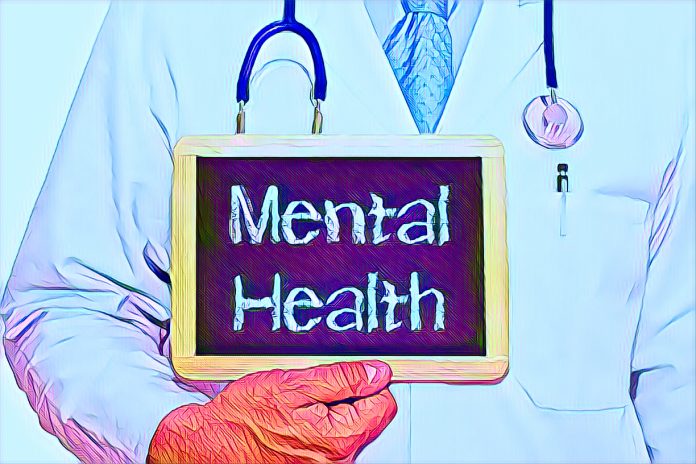Key Points
- Integrating mental health into primary healthcare improves accessibility and reduces stigma.
- Community-based initiatives help break mental health stigma, especially among youth.
- Digital platforms and mobile health applications expand access to mental health care.
Mental health is a vital although frequently overlooked component of healthcare in Nigeria. Notwithstanding the increasing global acknowledgement of mental health issues, awareness inside Nigeria’s healthcare system is constrained by stigma, resource deficiencies, and cultural obstacles.
Contemporary issues in Nigeria’s mental health sector
A significant obstacle to enhancing mental health care in Nigeria is the entrenched stigma associated with mental illness.
A significant number of Nigerians perceive mental health disorders via a cultural perspective, linking them to supernatural influences or ethical shortcomings, which frequently deters individuals from pursuing assistance.
A 2019 study published in The Lancet Psychiatry identified that stigma associated with mental health in Nigeria significantly hinders access to care, particularly among young and rural populations.
Nigeria confronts a significant deficit of mental health practitioners. The nation possesses less than 200 psychiatrists for a population over 200 million, rendering mental health care unattainable for the majority.
The Journal of Psychiatry & Mental Health (2017) emphasised that mental health facilities in Nigeria are scarce, and numerous healthcare centres provide insufficient care, especially in rural regions.
Although the Mental Health Bill was enacted in 2021, its complete implementation remains pending. The government has been sluggish in allocating substantial money for mental health treatment, as highlighted by Human Rights Watch in 2021, obstructing initiatives to enhance access to mental health services.
Strategies for advancing mental health awareness
The Nigerian government must prioritise mental health within national healthcare strategy. The Mental Health Bill must be fully enacted, with sufficient resources and explicit implementation measures.
Incorporating mental health treatments into basic healthcare will enhance accessibility and diminish stigma, as proposed by The Lancet Psychiatry (2020). Primary healthcare professionals must receive training to recognise and address fundamental mental health concerns, particularly in poor regions.
Enhancing public knowledge of mental health is crucial for diminishing stigma. Media campaigns utilising radio, television, and social media platforms can effectively dispel myths and motivate individuals to pursue care.
Comparable efforts in other nations, such as the UK’s Time to Change project, have demonstrated efficacy in confronting misunderstandings regarding mental illness.
Nigeria can utilise community leaders and religious figures to enhance these messages and engage a wider audience, promoting the acceptance of mental health care as a fundamental component of health.
As internet usage expands, digital platforms offer a means to engage disadvantaged communities, especially in remote regions. The Lancet Global Health (2021) has emphasised the capacity of telemedicine to improve healthcare accessibility.
Community-centric mental health initiatives
Grassroots activities are essential for dismantling the stigma associated with mental health in Nigeria. Local entities such as the Mentally Aware Nigeria Initiative(MANI) have achieved progress by establishing secure environments for discourse and mental health education.
The Journal of Mental Health in Africa (2020) indicates that community-driven interventions have effectively diminished stigma, particularly among youth.
These activities should be expanded nationwide to involve communities, enhance awareness, and establish support networks.
Advancing mental health awareness in Nigeria necessitates a multifaceted strategy, encompassing enhanced policies, public education, and community involvement.
By incorporating mental health into basic healthcare, utilising digital resources, and enhancing community-based initiatives, Nigeria can dismantle the stigma associated with mental health and enhance access to care.



